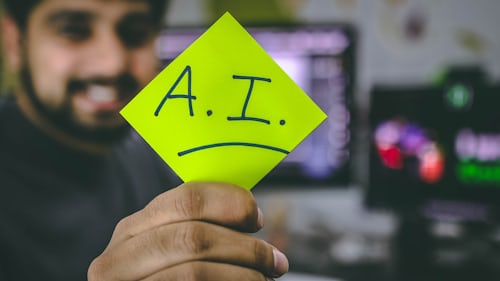Obviously, a legal reality is different from everyday social life. A legal entity, an artificial intelligence (AI) and the individual as such, in the legal sense, become some conditional concepts – subjects or objects of law.
For example, from the legal point of view, it does not matter the height and weight of the buyer of real estate. The importance is his rights and the legal capacity of the buyer, his property status and financial capabilities.
Hence, AI in the legal sense should be considered through its legal nature, if any. Also, the origin of AI as a subject or object of law is matter.
In other words, can AI take the form of some kind of conditional legal fiction, like a legal entity, with all the ensuing consequences: rights, obligations and responsibilities? Or will it be the so-called electronic person with digital rights that are subject to protection?
It is also possible that AI can only be an object of law, and in this case, AI may be freely alienated or transferred from one person to another.
Determining the legal status of artificial intelligence is an urgent scientific problem.

No comments:
Post a Comment